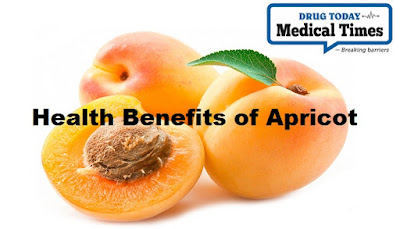Green Peas are the tiny spherical seeds that rest inside the green seed-pod. It is widely cultivated in semi-tropical regions around the world. Peas or green peas, scientifically called as Pisum sativum. Green peas are seeds that come from a legume plant, but they are most often consumed as a starchy vegetable. Green peas are also known as ‘Matar’ in Hindi, ‘Batani’ in Telugu, ‘Pattani’ in Tamil, ‘Pacha Pattani’ in Malayalam, ‘Vatana’ in Gujarati, ‘Moator’ in Bengali, and ‘Mattar’ in Marathi.
They are not just tasty but also possess many nutrients that make them a compulsory ingredient in your vegetable diet. People often assume them as an inexpensive green vegetable growing on the peas plant, is an ingredient that is served or used for garnishing in cheap restaurants.
Health Benefits Of Green Peas:
Weight Loss: Peas are a low fat and a low calorie food type. Hence, they are mostly included in vegetarian as well as non-vegetarian diets, due to the ease in managing the body weight.
Diabetes: Green peas have a few characteristics that are known to aid blood sugar control, which is an important factor in preventing and controlling diabetes.
Healthy bones: Just one cup of peas contain 44% of your Vitamin K which helps to anchor calcium inside the bones. It’s B vitamins also help to prevent osteoporosis.
Good for Eye health: Peas can also do wonders to your eyes. Peas are packed with carotenoid pigment lutein. Lutein is known to reduce the risk of cataracts and macular degeneration or loss of vision in old age. Peas can also boost eyesight.
Good Source of Iron: Peas are a good source of iron. Iron deficiency is the leading cause of anaemia. If you don't have enough iron, your body can't make enough healthy oxygen-carrying red blood cells thereby causing haemoglobin deficiency.
Stomach Cancer: These tiny ingredients in your plate have the capacity to prevent dreadful diseases like stomach cancer.
Green peas are one of the most nutritious leguminous vegetables rich in health promoting phytonutrients, minerals, vitamins and antioxidants.
Vitamin Content: Peas benefit your immune system with antioxidant vitamins, especially if you eat them raw. A cup of raw peas has 58 milligrams of vitamin C, providing 65 percent of the daily requirement for men and 77 percent for women.
Boosts your Energy: Eating peas will increase your energy levels because of its richness in Iron. A cup of pea provides 3 milligram of Iron that works positively in transporting oxygen to the entirety of the body.




















